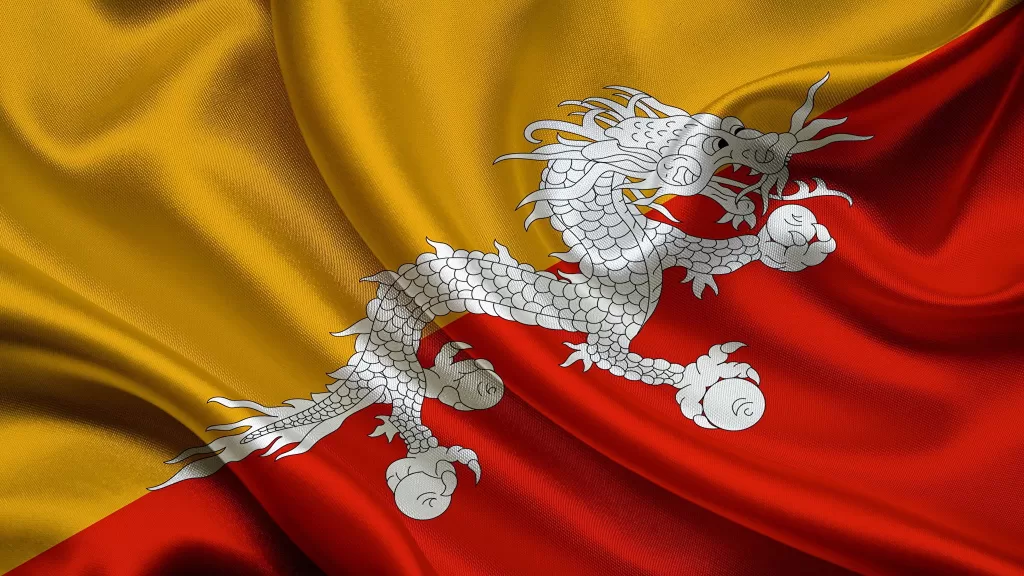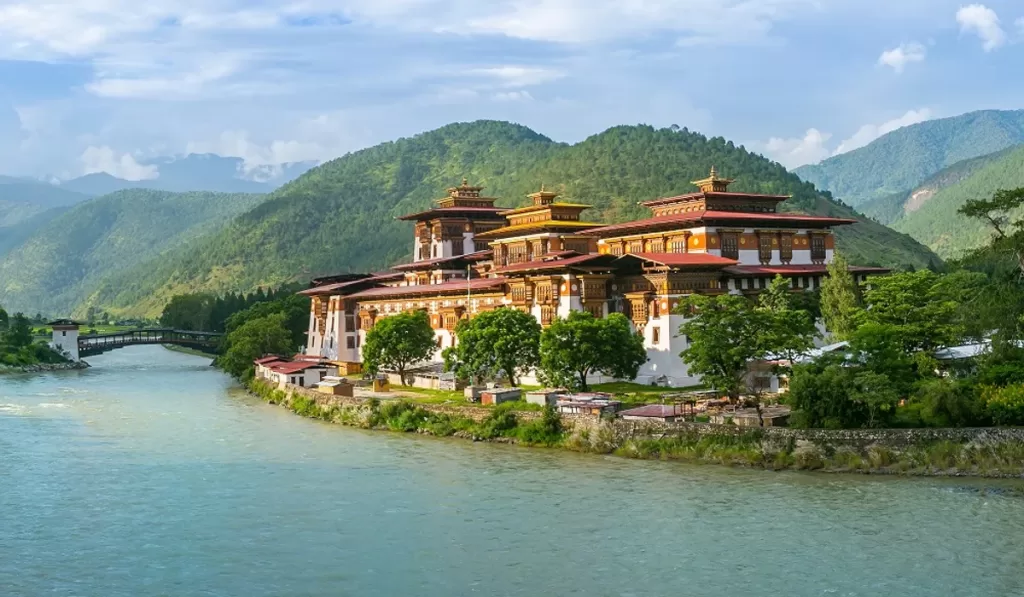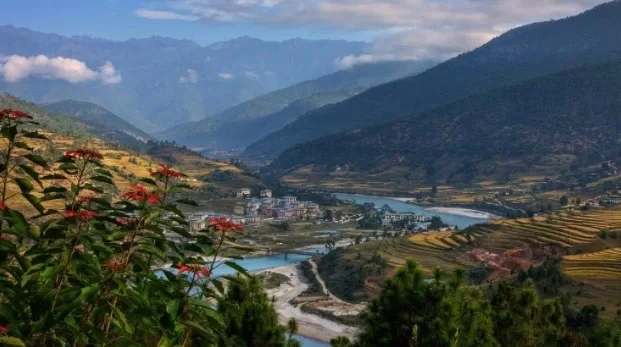Bhutan Country Report

Bhutan is located in the eastern Himalayas and is often referred to as the “Land of the Thunder Dragon.” One interesting aspect of Bhutan is its commitment to measuring Gross National Happiness (GNH) instead of Gross Domestic Product (GDP) as a measure of progress and well-being. The country places a strong emphasis on preserving its cultural traditions and maintaining a sustainable environment. Bhutan is also famous for its breathtaking monasteries, such as the iconic Tiger’s Nest (Paro Taktsang) perched on a cliffside. The country’s traditional architecture, colorful festivals, and warm hospitality make it a fascinating destination to explore.
Last updated: April 7, 2022
Security
Bhutan is generally considered to be a safe and peaceful country. It has a low crime rate and is known for its emphasis on happiness and well-being. Bhutan maintains a strong focus on preserving its cultural heritage and natural environment, which contributes to the overall sense of security in the country. The government places importance on the well-being of its citizens and visitors, ensuring a peaceful atmosphere for all.
There are Indian separatists and various extremist groups based in Nepal, but their capabilities are limited. Protests are rare and usually peaceful.
Last updated: May 18, 2022
Infrastructure

Bhutan has made significant progress in recent years. The country has been investing in the development of its road networks, bridges, and airports to improve connectivity within the country and with the outside world. Bhutan has also been focusing on expanding its energy infrastructure, particularly in the field of hydropower. The country’s abundant water resources have allowed it to harness clean and renewable energy, making Bhutan a net exporter of electricity. Additionally, Bhutan places great importance on preserving its natural environment and promoting sustainable tourism. This includes the development of eco-friendly infrastructure and facilities that align with the country’s commitment to environmental conservation.
Last updated: April 19, 2022
Environment

The country is known for its commitment to environmental conservation and sustainability. Bhutan is often referred to as the “Carbon Negative” country, as it absorbs more carbon dioxide than it produces. Bhutan has a strong focus on preserving its biodiversity and natural resources. More than 70% of the country is covered in forests, which are protected and carefully managed. The government has implemented policies to ensure sustainable forestry practices and has set a goal to maintain at least 60% forest cover for all time. In addition, Bhutan has also prioritized renewable energy. The country generates a significant portion of its electricity from hydropower, which is a clean and renewable energy source. This helps reduce reliance on fossil fuels and contributes to a greener and more sustainable future.
Last updated: March 14, 2022
Health and Medical
Bhutan follows a unique approach to healthcare called Gross National Happiness (GNH), which emphasizes the overall well-being and happiness of its people. The country has a network of health centers, hospitals, and clinics that provide primary, secondary, and tertiary healthcare services. The Bhutanese government has also implemented various health programs and initiatives to address common health issues in the country, such as infectious diseases, maternal and child health, and non-communicable diseases. They prioritize preventive care, health education, and community outreach programs. However, it’s important to note that healthcare infrastructure and resources may vary in different regions of Bhutan. Access to specialized healthcare services may be limited in remote areas. It’s always a good idea to have travel insurance that covers medical emergencies when visiting Bhutan.
Traveller’s diarrhea is the most common disease among travelers. Malaria is present in some areas of the south. Altitude sickness can occur at high altitudes. Medical services are generally rudimentary, and dire conditions may require evacuation to neighboring countries with advanced facilities. Pharmacies are usually well stocked in city centers, but may be scarce in rural areas. Tap water is not considered safe to drink.
Last updated: April 13, 2022
Political
Bhutan has a unique political system known as a constitutional monarchy. The King of Bhutan is the head of state, and the country also has a parliamentary democracy. The political landscape in Bhutan is shaped by the principles of Gross National Happiness, which places importance on the well-being and happiness of the Bhutanese people. The country has made strides in democratic governance and has been holding regular elections since 2008.
Last updated: March 17, 2022















